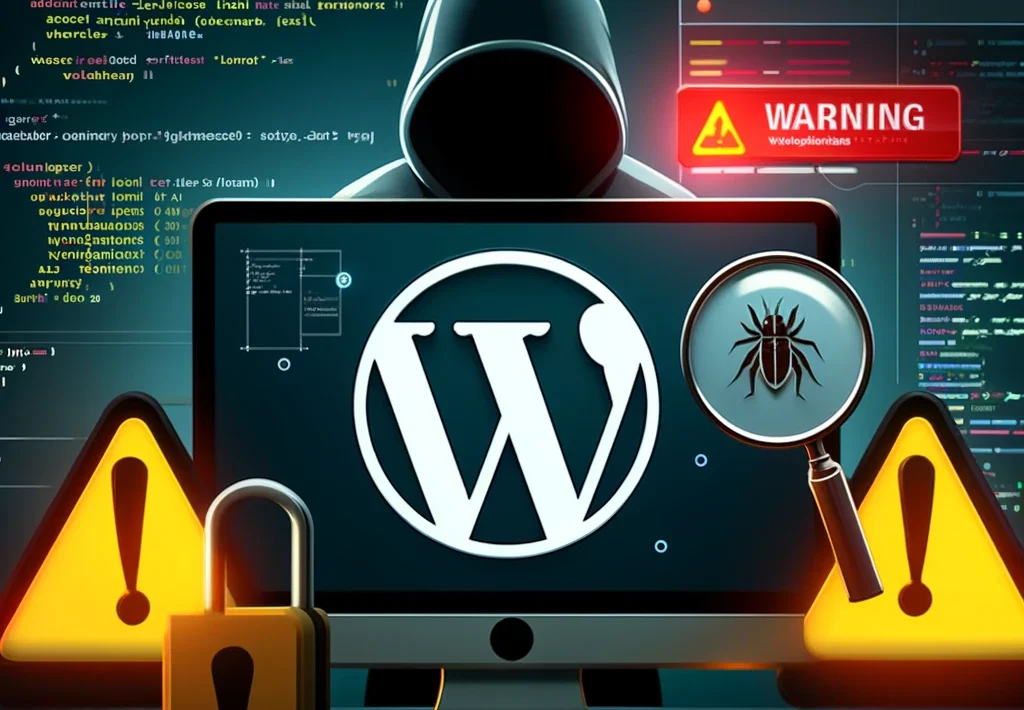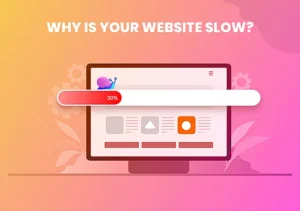Can a WordPress Website Be Hacked?
WordPress is the most popular content management system in the world, powering over 40% of websites globally. But with great popularity comes great risk. If you’re wondering, “Can a WordPress website be hacked?”, the answer is yes—but it’s not the platform itself that’s the issue. Hacks often occur due to weak security practices, outdated software, and human error. In this blog, we’ll explore how WordPress sites can be hacked, common vulnerabilities, and steps to protect your site from cyberattacks.
1. How WordPress Websites Get Hacked
While WordPress itself is secure, there are several ways hackers can exploit vulnerabilities:
a. Weak Passwords
Using easy-to-guess passwords for your admin panel, FTP, or database makes it simple for hackers to gain unauthorized access.
b. Outdated Software
Failing to update WordPress core, themes, or plugins leaves your site exposed to known vulnerabilities.
c. Poor Hosting Security
Cheap or poorly managed hosting can make your site an easy target for attacks like cross-site scripting (XSS) or DDoS attacks.
d. Insecure Plugins and Themes
Plugins and themes from unreliable sources may contain malicious code or backdoors.
e. Brute Force Attacks
Hackers use automated tools to guess your login credentials through trial and error.
2. Signs Your WordPress Website Has Been Hacked
Not sure if your site has been compromised? Look out for these warning signs:
- Defaced Website: Your site looks different, with strange content or images.
- Sudden Drop in Traffic: Search engines may blacklist your site if they detect malware.
- Unwanted Pop-Ups or Redirects: Visitors are redirected to malicious websites.
- Slow Performance: A hacked site may experience slower loading times due to malicious scripts running in the background.
- New Admin Accounts: Unknown user accounts in your WordPress dashboard could signal a breach.
3. Common WordPress Vulnerabilities
Hackers often exploit the following weaknesses:
a. SQL Injection
This occurs when hackers insert malicious SQL queries into your website’s database to extract or modify sensitive data.
b. Cross-Site Scripting (XSS)
Hackers inject malicious scripts into your site, affecting visitors who interact with infected pages.
c. File Inclusion Vulnerabilities
Poorly coded plugins or themes allow hackers to include and execute unauthorized files.
d. Malware Injection
Hackers embed malicious code into your site’s files or database to steal data or hijack functionality.
4. How to Protect Your WordPress Website from Hackers
Securing your WordPress site doesn’t have to be complicated. Here are actionable steps to safeguard your site:
a. Use Strong Passwords
- Create unique passwords for your admin, FTP, and database accounts.
- Use a password manager to store and generate strong passwords.
b. Keep Everything Updated
- Regularly update WordPress core, themes, and plugins.
- Delete unused plugins and themes to minimize risk.
c. Choose Reliable Hosting
- Select a hosting provider with robust security features, such as firewalls and DDoS protection.
- Consider managed WordPress hosting for automatic updates and backups.
d. Install a Security Plugin
- Use plugins like Wordfence or Sucuri Security to monitor and protect your site.
- Enable firewalls, malware scanning, and login protection.
e. Implement Two-Factor Authentication (2FA)
- Require an additional verification step for logging in, such as a code sent to your phone.
f. Limit Login Attempts
- Restrict the number of failed login attempts to prevent brute force attacks.
- Use a plugin like Limit Login Attempts Reloaded to enforce this.
g. Regular Backups
- Use backup plugins like UpdraftPlus or BackupBuddy to create regular backups.
- Store backups offsite or on cloud platforms like Google Drive.
h. Secure Your Database
- Change the default database prefix from
wp_to something unique. - Restrict database permissions to minimize the risk of data leaks.
i. Use HTTPS
- Install an SSL certificate to encrypt data between your site and visitors.
- Most hosting providers offer free SSL certificates through Let’s Encrypt.
5. What to Do If Your WordPress Site Gets Hacked
If your site has already been compromised, act quickly to mitigate the damage:
- Take Your Site Offline: Temporarily disable your site to prevent further harm.
- Scan for Malware: Use a security plugin to identify infected files.
- Restore from Backup: If you have a clean backup, restore your site to its previous state.
- Change All Passwords: Reset passwords for all accounts associated with your site.
- Remove Malicious Code: Manually delete infected files or use a professional malware removal service.
- Harden Security: Address vulnerabilities to prevent future attacks.
6. Why WordPress Is Still a Secure Platform
Despite its vulnerabilities, WordPress remains a secure platform when used responsibly. The WordPress development team actively patches security issues, and there are countless tools and best practices to keep your site safe. Remember, no platform is 100% hack-proof, but following proper security measures significantly reduces your risk.
Conclusion
So, can a WordPress website be hacked? Yes, but it doesn’t have to be. By understanding common vulnerabilities and implementing strong security practices, you can protect your site from most cyber threats. Remember, staying proactive is the key to keeping hackers at bay.
- Where to Host a WordPress Website?
- Can a WordPress Website Be Hacked?
- Why Your WordPress Website Is Slow (And How to Fix It)
- Top Web Development Trends in 2024, You Need to Know
- How to Design WordPress Website with Elementor For Free
Is WordPress more vulnerable to hacking than other platforms?
WordPress is not inherently more vulnerable, but its popularity makes it a common target. Proper security measures can make it as safe as any other platform.
How can I tell if a plugin is safe to use?
Check user reviews, update frequency, and the number of active installations. Avoid plugins from unknown developers or untrusted sources.
Do I need a security plugin for my WordPress site?
While not mandatory, a security plugin adds an extra layer of protection by monitoring threats and providing features like firewalls and malware scanning.
Can free WordPress themes be hacked?
Yes, if they come from unreliable sources. Always download themes from the official WordPress repository or trusted developers.
Is SSL enough to prevent hacking?
SSL encrypts data but doesn’t protect against all forms of hacking. Use SSL alongside other security measures for comprehensive protection.






